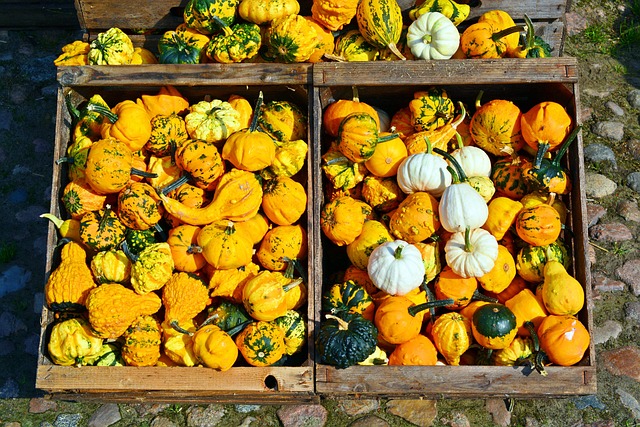Compost creation is an eco-friendly practice for garden enthusiasts, offering benefits like effective yard waste removal, recycling natural resources, and enriching soil with essential nutrients for plant growth. By gathering organic materials like food scraps and lawn clippings, gardeners can produce compost through aerobic decomposition by beneficial microorganisms. This process improves soil structure, water retention, and acts as a natural fertilizer. Creative recycling methods transform everyday items into nutritious compost, reducing landfill waste and promoting responsible yard waste management.
“Unleash your garden’s full potential with the art of compost creation! This guide is tailored for dedicated gardeners seeking sustainable solutions. Discover the benefits of composting, from enriching soil health to reducing yard waste. We’ll explore effective techniques for managing organic waste, transforming it into valuable nutrient-rich compost.
Learn creative recycling methods that turn everyday items into garden gold. Master the basics, embrace eco-friendly practices, and watch your garden flourish with our comprehensive insights on yard waste removal and recycling.”
- Understanding Compost Creation: Benefits and Basics for Gardeners
- Effective Yard Waste Removal Techniques to Boost Your Compost Pile
- Creative Recycling Methods: Transforming Everyday Items into Nutritious Garden Compost
Understanding Compost Creation: Benefits and Basics for Gardeners

Compost creation is a powerful tool for garden enthusiasts, offering numerous benefits that contribute to a thriving garden. By understanding the process and its advantages, gardeners can effectively manage yard waste removal while recycling natural resources. This eco-friendly practice not only reduces the amount of waste sent to landfills but also enriches soil, providing essential nutrients for plant growth.
The basics of compost creation involve gathering organic materials such as food scraps, lawn clippings, and dried leaves, then combining them in a balanced ratio. These materials undergo aerobic decomposition, where beneficial microorganisms break down the organic matter, transforming it into nutrient-dense compost. This end product can be used to improve soil structure, enhance water retention, and provide a natural fertilizer for plants, making it an invaluable asset for any gardener’s toolkit.
Effective Yard Waste Removal Techniques to Boost Your Compost Pile

Effective Yard Waste Removal and Recycling techniques are key to maintaining a healthy compost pile for garden enthusiasts. Instead of relying on traditional methods that may contribute to waste, consider alternative approaches. For instance, composting food scraps directly from your kitchen can significantly boost the nutrient content of your compost. Additionally, recycling yard waste like leaves, grass clippings, and twigs not only reduces landfill waste but also provides a steady supply of organic material for your compost pile.
Utilize chippers or shredders to break down larger items into smaller pieces, speeding up the composting process. Layering different types of organic waste ensures a balanced mix of greens and browns, which is essential for successful decomposition. Regularly turning the compost pile also facilitates aeration, accelerating the breakdown of materials and resulting in rich, nutrient-dense compost ready to enhance your garden’s soil health.
Creative Recycling Methods: Transforming Everyday Items into Nutritious Garden Compost

Garden enthusiasts often seek ways to enhance their soil’s health, and one powerful tool lies in creative recycling methods. Instead of viewing everyday items as waste, they can be transformed into nutritious compost, a valuable asset for any garden. For instance, kitchen scraps like fruit and vegetable peels, coffee grounds, and tea bags are not only useful but also rich in nutrients. These can be combined with yard waste such as dried leaves, grass clippings, and even shredded paper to create a diverse compost pile.
This approach not only reduces the volume of yard waste ending up in landfills but also provides an abundant source of organic matter for gardens. By adopting these innovative recycling techniques, gardeners can contribute to a sustainable ecosystem while fostering healthy plant growth. It’s an eco-friendly solution that demonstrates how creativity and resourcefulness can go hand in hand with responsible yard waste removal and recycling practices.
Compost creation is not only an eco-friendly practice but also a powerful tool for garden enthusiasts. By understanding the basics, employing effective yard waste removal techniques, and adopting creative recycling methods, gardeners can transform everyday items into nutritious compost, enhancing soil fertility and promoting sustainable gardening practices. Integrating these strategies into your routine contributes to both a greener environment and a thriving garden.
